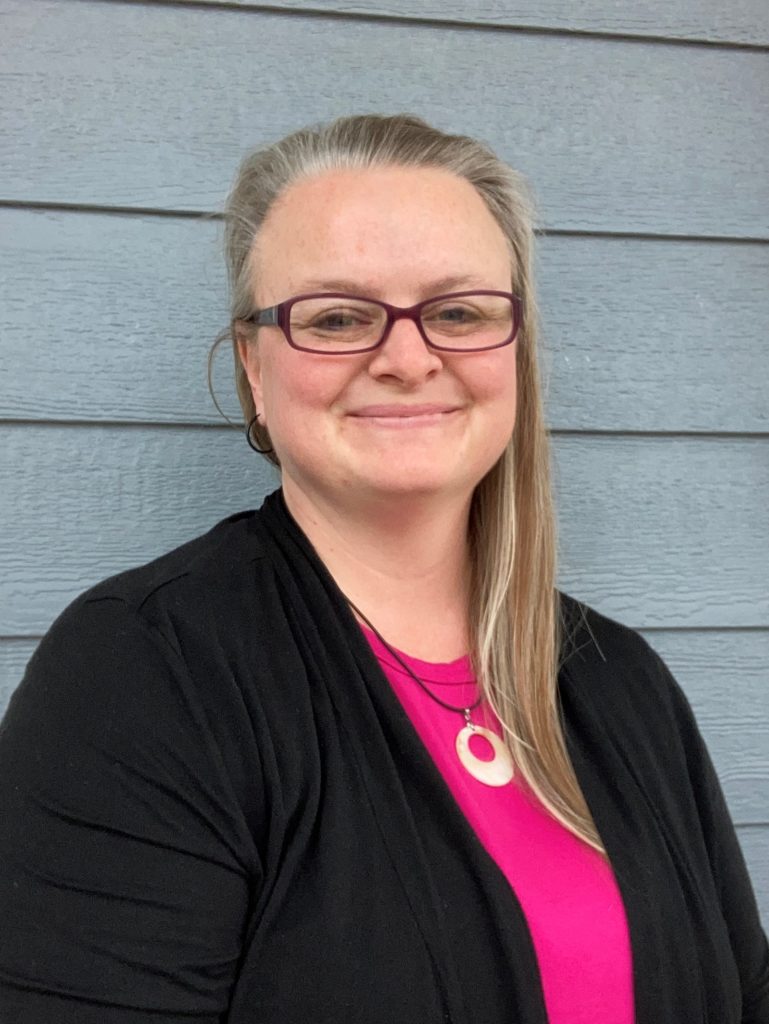Guest Blogger: Melanie Nichols

This March, we are sharing a special series of blog posts from Melanie Nichols. This series was originally posted in February 2021. You can find Melanie and her blog here. If you would like to submit to our blog, please email us.
“I really don’t like you right now! I still love you, but I don’t like you.” I overheard my 4 year old say this to one of his siblings a few weeks ago. It made me chuckle, but I also realized it was a simple but good explanation of unconditional love.
Unconditional love is quite literally love without conditions. It’s love that has no strings attached. It’s loving our children despite their flaws and regardless of how they perform or what they achieve. However, unconditional love does not mean always giving our children what they want or accepting what they do. Instead, it is a mature type of love that means treating them with care and respect, even while setting boundaries and maintaining limits.
Research cited in a post on foundationforlearning.com (link below) shows many ways that unconditional love benefits our children, including their mental and physical health, brain development, and sense of security. But unconditional love does not always come naturally or easily, even to us as parents and teachers. An article on goalcast.com (link below) gives three actions we can take to ensure the kids in our homes and classrooms feel loved unconditionally.
- Love them even when they show their flaws
- Offer unlimited support
- Work to understand their perspective
As loving parents and teachers, we would do well to heed Mother Teresa’s instructions. Our children are often “unreasonable, illogical, and self-centered. Love them anyway.”

Recent Comments